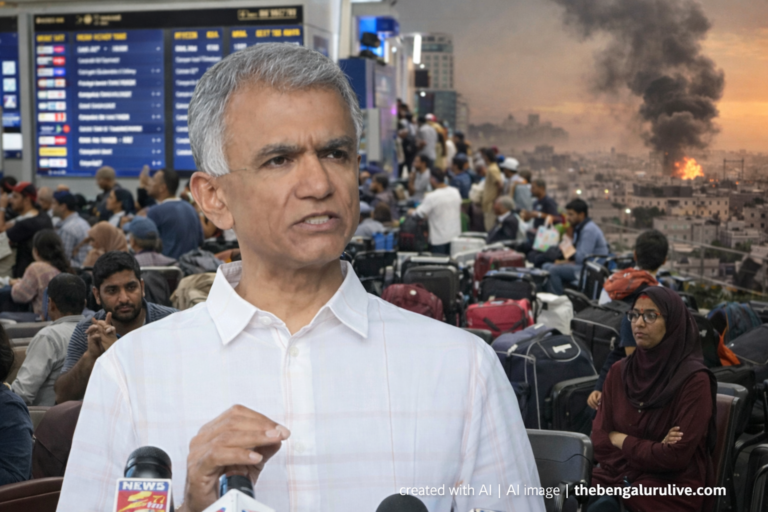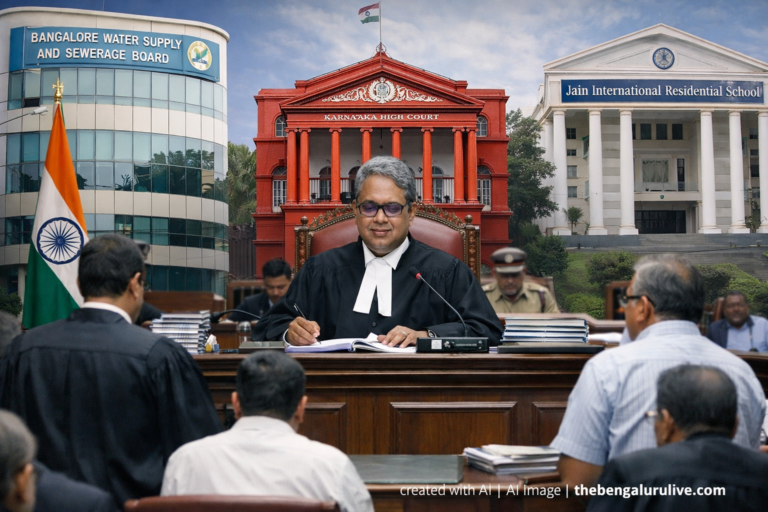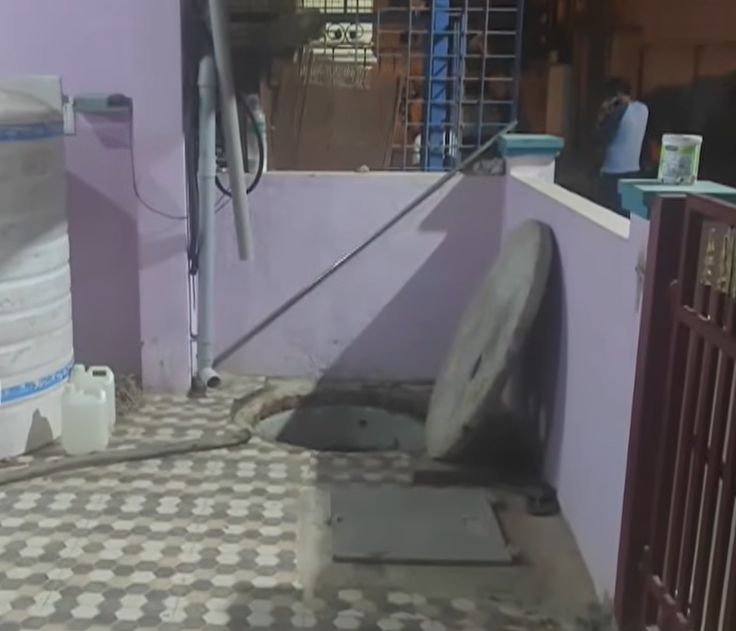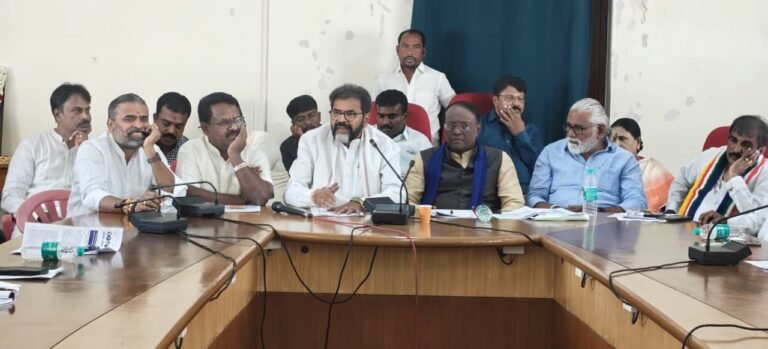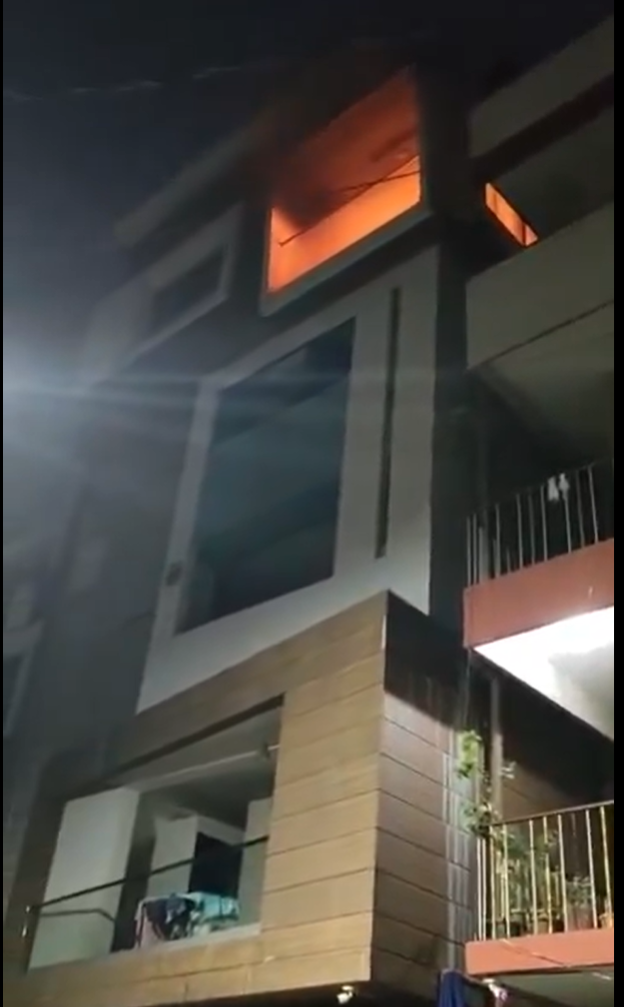
Civic enforcement must follow law, not humiliation: BSWML Act 2020 silent on “return-the-waste” punishment
Bengaluru: Deputy Chief Minister D.K. Shivakumar’s tough stance on Bengaluru’s litter problem — including his statement that civic workers have been instructed to “dump garbage in front of the houses of those who throw it on the road” — has sparked a legal and civic debate.
While the intent behind the move is deterrence, legal experts say that the Bruhat Bengaluru Mahanagara Palike (BBMP) Solid Waste Management Bye-Laws, 2020, which form the operational basis of the Bengaluru Solid Waste Management Limited (BSWML), do not empower authorities to dump waste at private residences under any circumstances.
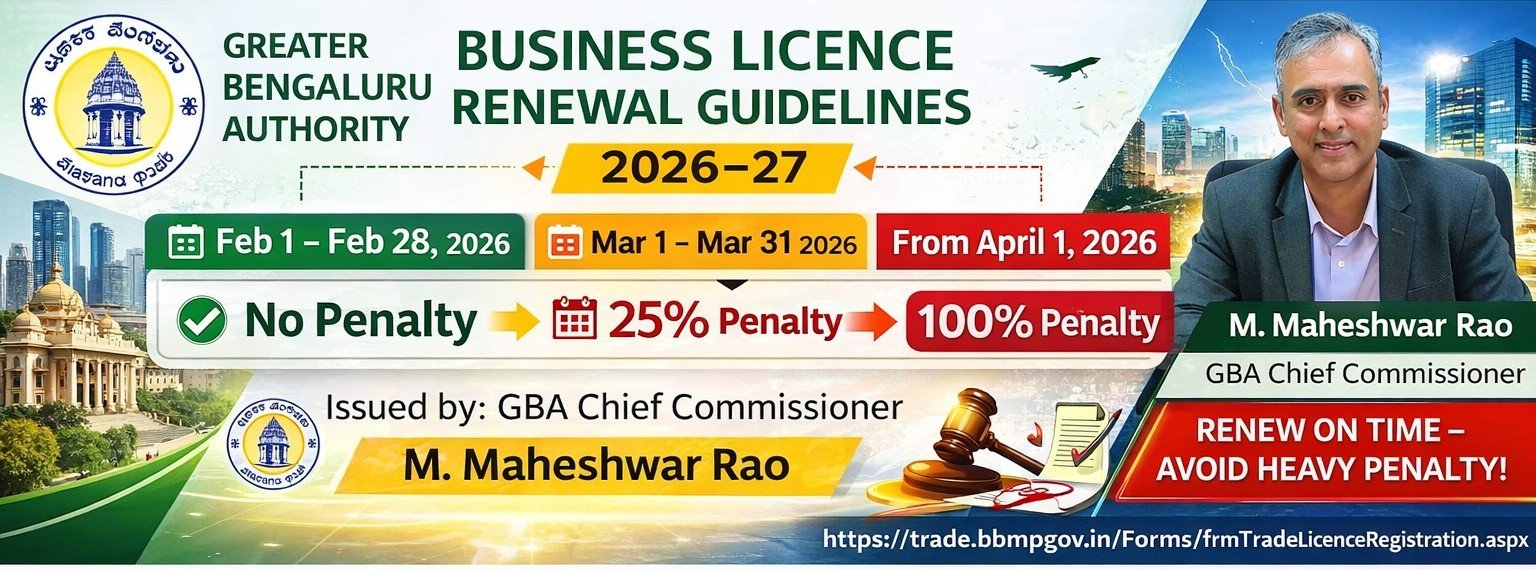
Published In Public Interest by thebengalurulive.com
What D.K. Shivakumar Said
“We have installed CCTV cameras to identify people throwing waste on the streets. Those who dump garbage publicly will be identified, fined — and I’ve told officials to take that waste back and place it right in front of their homes. Let them see what happens when they misuse public spaces,”
— D.K. Shivakumar, Deputy Chief Minister of Karnataka
The DCM said fines are being collected and lakhs of rupees have already been imposed on repeat violators. He also claimed that cameras and enforcement teams are being expanded to ensure strict monitoring.
What the Law Actually Says
A review of the BBMP Solid Waste Management Bye-Laws, March 2020 reveals:
- Penalties and fines:
Violators who litter or fail to hand over segregated waste can be penalised as per Schedule VII of the Act. - Enforcement power:
The civic agency can issue notices, collect fines, and recover cleanup costs if a person fails to comply. - No power to dump waste at private premises:
Nowhere in the BSWML Act or BBMP Bye-Laws is there any mention of — or authorization for — transporting and dumping garbage in front of an individual’s home as punishment. - Scope of action:
The law confines enforcement to monetary fines, recovery of expenses, and prosecution under municipal and environmental law — not retaliatory or humiliating acts.
Legal Reality Check
- The BSWML Act 2020 gives civic officials powers to penalise violators but mandates them to follow due process.
- The Karnataka Municipal Corporations Act allows enforcement for maintaining cleanliness — but does not grant power for symbolic dumping of waste.
- Any such act could potentially be interpreted as harassment or misuse of authority, inviting judicial scrutiny.
Also Read: Bengaluru Live Confronts GBA Chief Maheshwar Rao Over E-Commerce-Linked ‘Auto-Dumping’ of Garbage
In a city like Bengaluru, where most working professionals leave early for offices or tech parks, many are unable to hand over garbage to designated vendors during early morning collection hours.
Instead of threats or public humiliation, civic experts say the focus should be on flexible collection schedules, better public bins, and accountability of contractors.
The Real Issue
With over 6,000 tonnes of waste generated daily, Bengaluru’s garbage challenge is massive. Enforcement is vital, but the solution must be lawful and humane.
Civic experts argue that deterrence is necessary — but so is respect for citizen rights and lawful procedure.
A Call for Oversight
Given the statement and its public implications, the Karnataka High Court Chief Justice may need to take suo motu cognisance of whether civic agencies are operating within legal bounds while enforcing waste laws.

